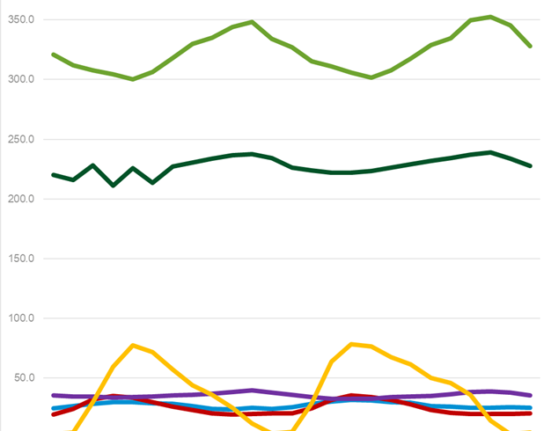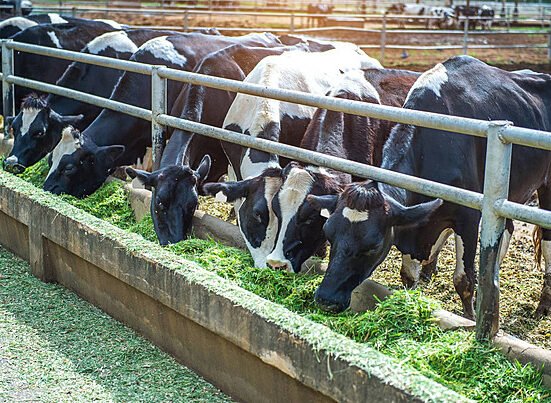May 16, 2025 ā Porto Alegre, Brazil
For the first time, Brazil has confirmed the presence of highly pathogenic avian influenza (HPAI) in a commercial poultry facility, marking a pivotal shift in the country’s animal health status. The outbreak occurred at a breeder farm in Montenegro, Rio Grande do Sulāa key hub in Brazilās poultry supply chain.
In immediate response, the Ministry of Agriculture and Livestock (Mapa) has declared a 60-day animal health emergency and implemented stringent containment measures to prevent further spread of the virus.
š Whatās Happening?
The disease was previously restricted to wild and backyard birds, but its presence in a commercial production system signals a new level of risk for Brazilās poultry sector and global poultry trade.
China has already announced a 60-day suspension on poultry imports from the affected regionāa move that may trigger similar reactions from other trade partners.
š Implications for Global Poultry Trade
Brazil is the worldās leading exporter of poultry meat, accounting for nearly 38% of international trade. In 2024, the country exported 5.294 million tonnes of chicken meat, valued at US$9.928 billionāa record high.
This outbreak poses potential disruptions to Brazilās export flows, especially amid rising scrutiny from major importing countries.
š Measures Taken
The government has activated its National Contingency Plan for Avian Influenza, including:
- 10-km containment zone around the outbreak site
- Quarantine and movement restrictions
- Culling of birds for sanitary reasons
- Enhanced clinical inspections and lab testing
- Immediate notification to WOAH, health and environment ministries, and trade partners
āConsumers remain safe,ā assured Mapa. āThere is no risk of transmission through cooked poultry or eggs.ā
š§Ŗ Prevention and Monitoring
Brazilās veterinary authorities have long maintained a robust avian influenza surveillance system, including:
- Wild bird monitoring
- Farm inspections
- Techniciansā training
- Awareness campaigns
These efforts had kept Brazilās commercial poultry sector HPAI-free for nearly two decades, a status now officially changed.
š Why It Matters for the Dairy Sector
Though avian influenza directly impacts poultry, outbreaks like this can ripple through adjacent sectors, including:
- Feed supply chains (shared between poultry and dairy)
- Consumer confidence in animal-origin foods
- Export logistics shared across meat and dairy ports
Dairy producers, especially exporters, are advised to remain vigilant as sanitary and trade protocols tighten globally.







